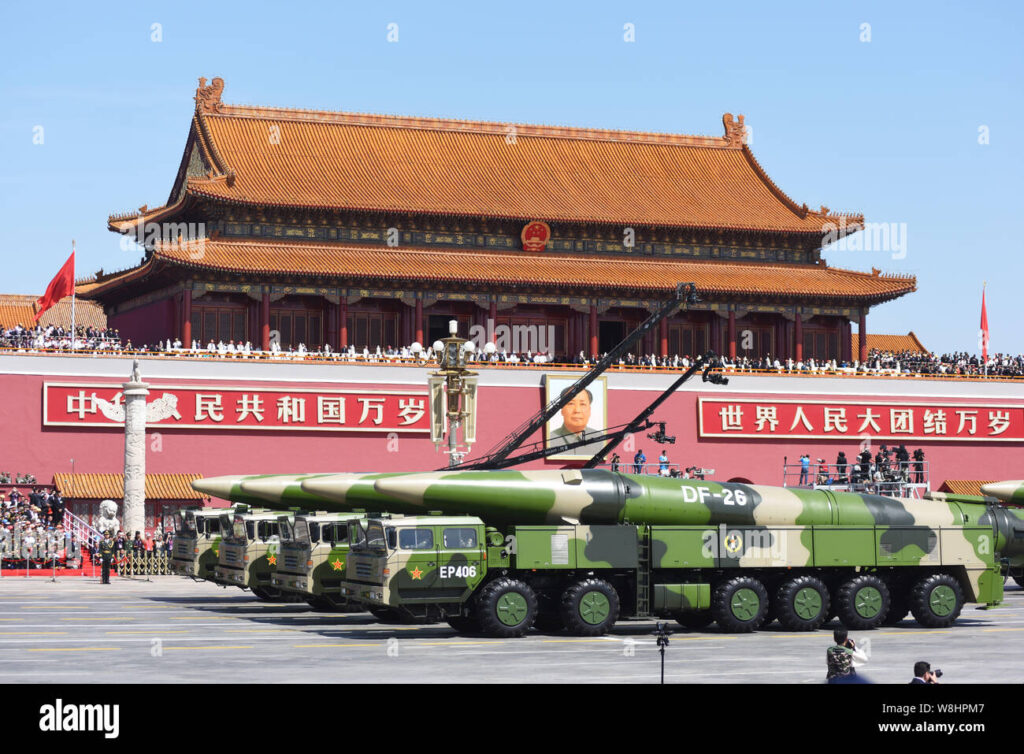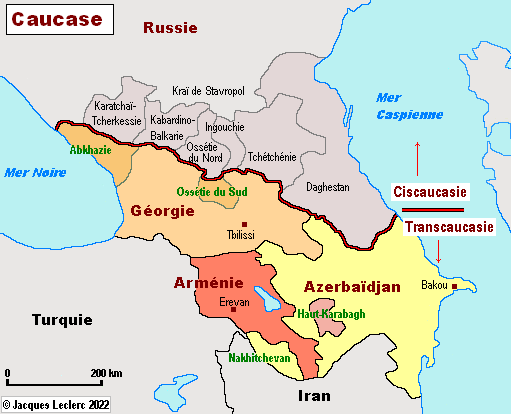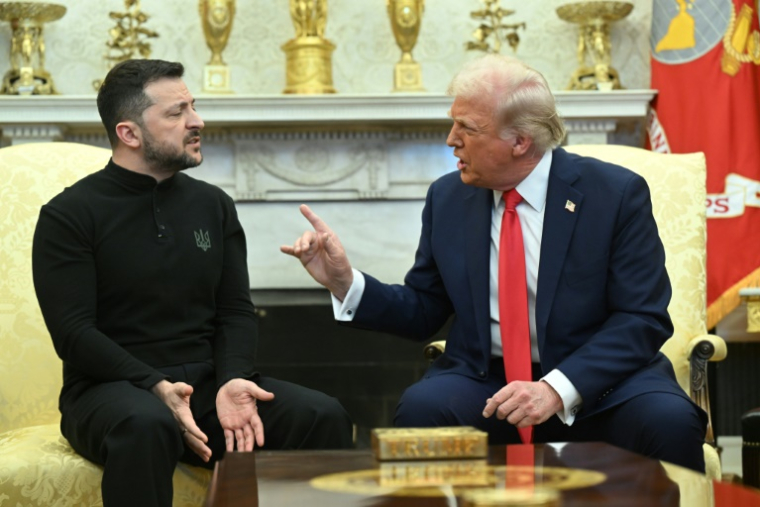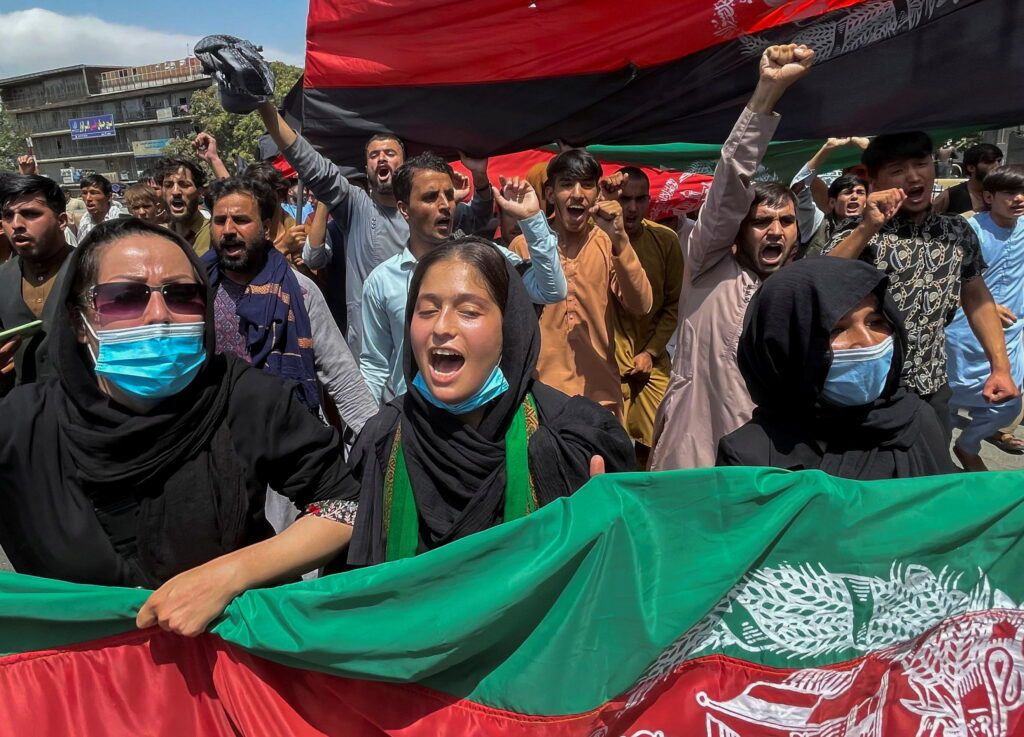Beijing 2025: Strategic Rituals, Emerging Multipolarity, and the Erosion of Western Hegemony

Abstract On 3 September 2025, Beijing staged an unprecedented military parade commemorating the eightieth anniversary of Japan’s defeat in World War II. More than symbolic remembrance, the event functioned as a strategic ritual combining military spectacle, institutional diplomacy, and ideological narratives to challenge U.S. primacy. This article argues that the parade illustrates the erosion of […]
Alaska 2025: Anchorage as the Theater of Power, Illusion of Peace, and the Fracturing of the West

1. A summit of shadows, heavy with illusions The Anchorage summit of August 15–16, 2025, was not a negotiation but a mirror. No ceasefire, no roadmap, no monitoring mechanism — only spectacle. Yet this spectacle had meaning: Vladimir Putin, once cast as a pariah, was received with ceremonial dignity on American soil and departed without […]
The August 8, 2025 Peace Agreement, the TRIPP Corridor, and the Geopolitical Reconfiguration of the South Caucasus

1 – Abstract, Introduction, and Historical Context Abstract On August 8, 2025, Azerbaijani President Ilham Aliyev and Armenian Prime Minister Nikol Pashinyan signed a landmark peace agreement at the White House under direct U.S. mediation. The accord, unprecedented in scope, formalized the cessation of decades-long hostilities while embedding a major economic and strategic initiative: the […]
From Hegemony to Harmony: The Rise of Cooperative Multipolarity in the 21st Century Global Order

Abstract The unipolar moment that defined the post-Cold War world is drawing to a close. A new multipolar order is emerging, driven by the rise of Asia, the decline of Western hegemony, and the urgent need for global cooperation on existential challenges. This article explores the geopolitical and philosophical implications of this transition, drawing from […]
Le cessez le feu illusoire : L’Ukraine, prétexte d’un Nouvel Ordre Mondial fragmenté

Le cessez le feu Illusoire : L’Ukraine, prétexte d’un Nouvel Ordre Mondial fragmenté Introduction : La guerre d’Ukraine comme symptôme d’une bascule historique L’invasion de l’Ukraine par la Fédération de Russie, le 24 février 2022, a immédiatement suscité une onde de choc mondiale. Pour beaucoup d’observateurs occidentaux, il s’agissait d’une tentative brutale de restauration impériale, […]
Putin and the collapse of Western influence: A strategic realignment beyond Ukraine

Introduction: The War in Ukraine as a Catalyst for a Global Shift The war in Ukraine is no longer merely a conflict between Kyiv and Moscow; it has become the epicenter of a broader geopolitical transformation. While the West remains fixated on tactical military developments, Russia has strategically maneuvered the conflict into a mechanism for […]
The Trump-Zelensky showdown: A defining moment in global power struggles

“The strong do what they can, and the weak suffer what they must.” – Thucydides (History of the Peloponnesian War) The dramatic confrontation between Donald Trump and Volodymyr Zelensky at the White House was not just another tense diplomatic exchange—it was a seismic shift in global power dynamics. This clash exposed the fragility of Western […]
Afghanistan between political deadlock and the illusion of reform: A structural governance crisis

Abstract Afghanistan has faced decades of political instability, foreign interventions, and failed state-building efforts. Despite numerous international conferences and opposition-led initiatives, sustainable governance remains elusive. This study critically examines why diplomatic efforts and opposition movements fail to bring structural change in Afghanistan. It argues that the failures stem not only from the Taliban’s rigid governance […]
The international order in transition: Europe’s marginalization and new geopolitical realities

Abstract The war in Ukraine has significantly reshaped the global geopolitical landscape, exposing the limitations of Western strategic planning and accelerating Europe’s geopolitical marginalization. Initially framed as a battle between democracy and authoritarianism, the conflict has instead underscored Europe’s dependence on U.S. security guarantees, the limited effectiveness of economic sanctions against Russia, and the rising […]
The International Order in Peril: From American Hegemony to Global Anarchy

Dr. Naim Asas Director, Group for International Studies and Reflections in Social Sciences (GERISS) Email: naimasasgeriss@gmail.com Introduction The post-World War II international order, often termed the “liberal international order,” was constructed upon the principles of state sovereignty, prohibition of force, multilateral cooperation, and the primacy of international law, as enshrined in the United Nations Charter […]